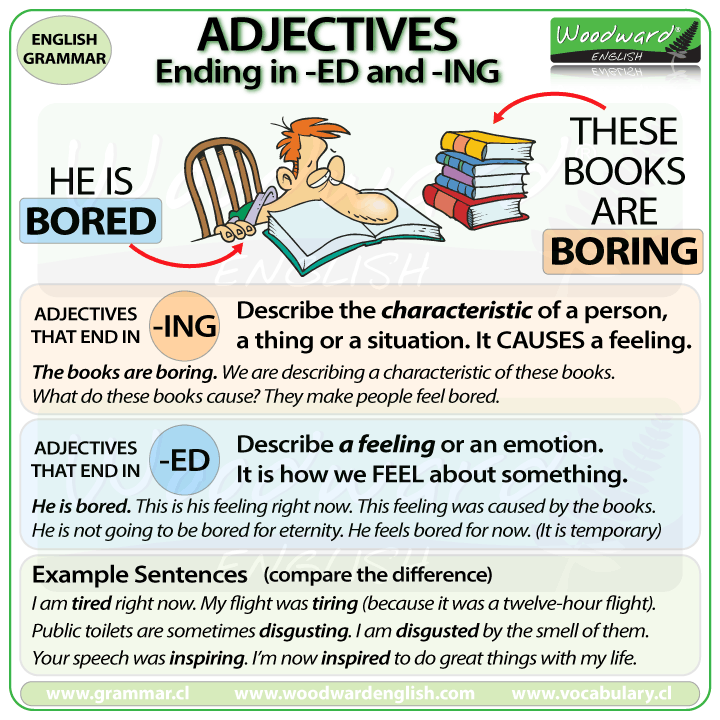
How are you today, guys??
First of all, let's check your answers for the round up.

Vocabulary
Exercise A
1. b
2. c
3. a
4. c
5. c
6. a
Grammar
Exercise B
1. is / going / plays / doesn't open / doesn't know
2. are painting / do / need / is coming / are / painting / want / doesn't like
Exercise C
1. was / broke / didn't want
2. Did / tell / called / told / couldn't / were you / had / needed.
Exercise C
1. on
2. from / till / in
3. at
4. at
5. ago
Exercise E
1. didn't use to eat
2. used to visit
3. used to drive
4. Did you use to live / used to work
Exercise F
1. few / some
2. some / a little
3. a lot of / any
Communication
1. d
2. b
3. a
4. e
Listening
1. a
2. b
3. a
4. a
------------------------------------------------------
Answers for this page

WE FINISHED UNIT 1!!
You're my hero!!!

Estoy muy orgullosa de ustedes 💓
.
.
.
.
.
.
Look at the following images and answer.
*Send me your answer via Whatsapp.
- Would you do any of these? In case your answer is yes, which one?
- What makes an interesting holiday experience?
HIKING
CYCLING
ROCK CLIMBING

SCUBA DIVING

SIGHTSEEING

SHOPPING

👉 Now open your Student's book on page 20, read and listen to the text and then answer the questions in exercise C.
Audio: https://drive.google.com/open?id=1GC6AoZy8pA4-7M0gYf0ax7ht2uZ0gQBI
.
.
.
ALL RIGHT, WHY DON'T WE STUDY SOME NEW TOPICS?
Read carefully the following image:

Watch the next video and take notes:
Básicamente la diferencia entre los adjetivos que terminan en ed y los que terminan en ing, está en cómo interpretamos al verbo To be.
Para esto debemos pensar a los adjetivos terminado en ed como algo que sentimos y vincularlos con el verbo ESTAR. Examples:
- I'm interested in Art. --> Yo estoy interesada en Arte.
- Can you kill that spider? The kids are frightened. --> ¿Podes matar esa araña? Los niños están aterrados.
En cambio, cuando los adjetivos terminan en ing, debemos asimilarlos con una opinión y vincularlos con el verbo SER. Examples:
- The movie is interesting. --> La película es interesante. (esa es mi opinión)
- It was shocking to see her again after so many years. --> Fue shockeante verla de nuevo después de tantos años.
¿Practicamos?
👉 Student's book, page 21, exercise B.
👉 Workbook, page 14, exercise A.
.
.
.
.
.
.

¡Recreo para todos!
.
.
.
.
.
.
.
.
.
.
.
.
.
.

One more topic and I'll let you free 😁
Please, watch the following video. The new topic is Past Progressive (Pasado Continuo)
El Pasado Continuo se usa para describir acciones en progreso en el pasado. Example:
I was working yesterday morning. - Yo estaba trabajando ayer a la mañana (acción en progreso durante la mañana, en este caso).
👉 Let's put this into practise! Please, do exercise 4 on page 21 of your Student's book.
I'll give you the answers next class!

Have a lovely weekend 💖




No hay comentarios.:
Publicar un comentario